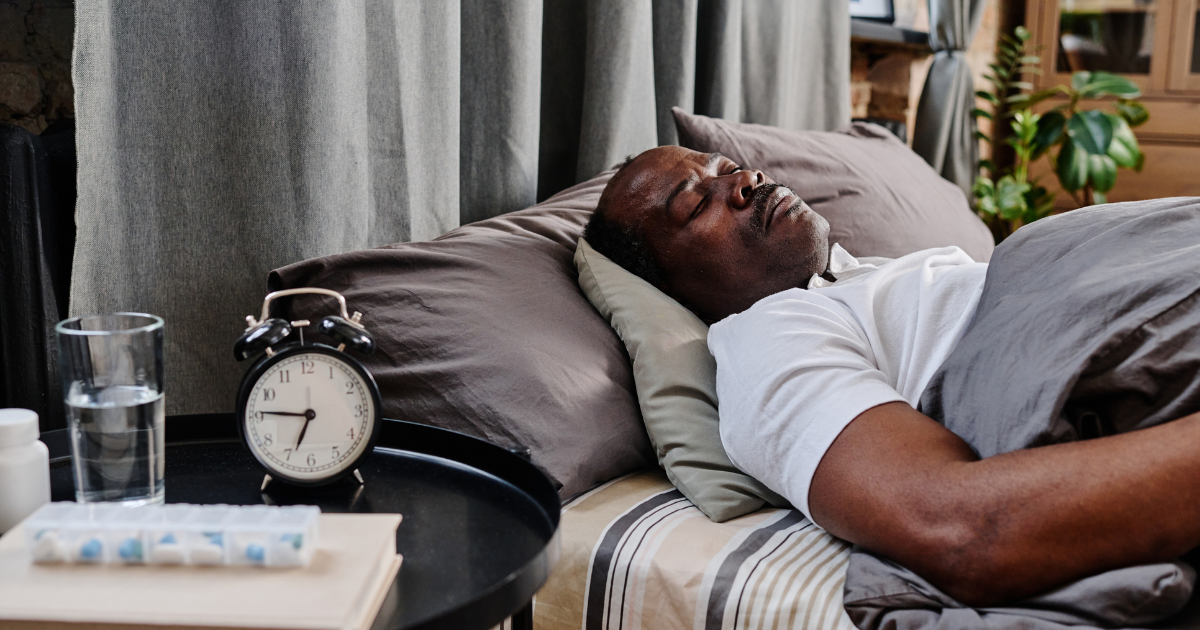
We’ve all heard the saying, “I can sleep when I’m dead.” But what if skipping sleep is actually harming your brain and body right now? Sleep isn’t just a luxury. Lack of sleep can lead to a myriad of problems including cardiovascular disease, abnormal weight gain, and brain health concerns.
Obstructive sleep apnea (OSA) is a sleep disorder that impairs the sleep of millions of Americans. OSA occurs when there are short, frequent disruptions in your breathing while you sleep causing a disruption of oxygen levels in the brain. These disruptions prevent you from reaching deep, restorative sleep because you have to partially wake up in order to start breathing again. What’s more, given that 80% of people with OSA remain undiagnosed, you may not even know you have a problem.
How Sleep Supports Your Brain
Getting seven hours of solid sleep a night might feel impossible. Between what seems to be the never ending to-do list and societal pressures to always “be on” you might think that a few hours less of sleep won’t do us any harm. But, in reality, losing those few hours of sleep can take a serious toll on your brain over time. Lack of sleep damages the hippocampus, the part of the brain that is responsible for learning and memory. If you are living with undiagnosed OSA, the sleep fragmentation you would experience in addition decreases slow-wave sleep (SWS) and REM sleep. These sleep stages are important for neurogenesis, the growth of new neurons in the brain, as well as memory formation and consolidation. Both the right amount of sleep and good quality sleep give the brain the chance to recharge and repair.
How Sleep Apnea Affects Your Memory
As you age, staying sharp and remembering the important details of your life becomes even more important. Studies have shown that people living with undiagnosed OSA are more likely to develop cognitive impairments and even Alzheimer’s disease. It was found that “In humans, a study performed in a sleep clinic reported lower cerebrospinal fluid (CSF) Aβ42 and higher total tau/Aβ42 ratio levels in untreated individuals with OSA than in those with treated OSA and control subjects” both of which are associated with Alzheimer’s Disease. In fact, patients that are diagnosed with Alzheimer’s disease have a 50% chance of experiencing OSA. This association suggests that addressing sleep apnea can be a key step in protecting your memory.
The Good News: Brain Recovery Is Possible
If you’ve been worried about your sleep but haven’t seen a specialist yet, there’s hope. Studies show that brain damage caused by severe sleep apnea, such as harm to the white matter that connects different brain regions, can be reversed by using continuous positive airway pressure (CPAP). In 12 months of CPAP therapy, there was almost a complete reversal of white matter damage, improvement in cognitive tests, mood, and quality of life. Imagine the onset of mild cognitive impairment (MCI) being delayed by 10 years (for example, an onset at 82 years of age instead of 72) by implementing sleep apnea treatment.
Take Action for Your Brain and Sleep Health
If you’ve been putting off seeing a sleep specialist, now is the time to act. OSA is more than just loud snoring, it can affect nearly every aspect of your health. The good news is that with the right treatment, many symptoms can be managed or even reversed. Your body and brain are capable of amazing things when given the right support.
At Ognomy Sleep, we understand that life is busy. That’s why we offer convenient telehealth appointments-you can be seen in days, not months. If you think you might have sleep apnea, take the first step today and schedule your appointment. Our team is here to guide you and help you get the restful, restorative sleep you deserve.
